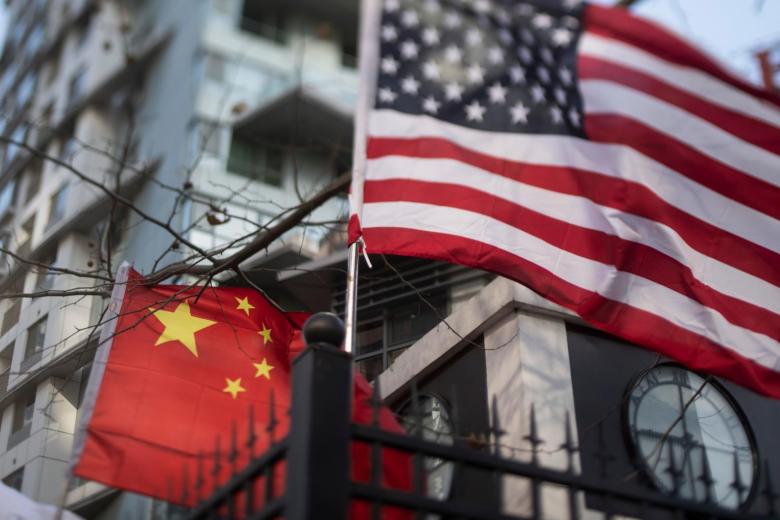BEIJING - The just-concluded trade discussions between the United States and China have laid a foundation for both sides to reach a future deal, Beijing said on Thursday (Jan 10).
And while thorny differences remain, experts are optimistic that both sides will be able to reach an agreement over trade.
A statement released by China's Commerce Ministry on Thursday morning said both sides carried out "extensive, in-depth and detailed exchanges" on trade and structural issues of mutual concern.
The three-day closed-door talks which ended on Wednesday (Jan 9) "enhanced mutual understanding, and established a foundation for solving each other's concerns", the statement said.
Beijing stressed that both sides agreed to maintain close communication, but provided few other details.
The negotiations now pave the way for discussions between both countries' top negotiators - US Trade Representative Robert Lighthizer and Vice-Premier Liu He.
Mr Liu is expected to travel to Washington later this month for further trade talks.
The wide-ranging discussions in Beijing covered "structural issues" that the Americans have long complained about.
A statement released earlier by the Office of the United States Trade Representative (USTR) said the talks were held with "a view to achieving needed structural changes in China with respect to forced technology transfer, intellectual property protection, non-tariff barriers, cyber intrusions and cyber theft of trade secrets for commercial purposes, services, and agriculture".
In addition to the large trade deficit, the talks also focused on "China's pledge to purchase a substantial amount of agricultural, energy, manufactured goods, and other products and services from the US" according to the USTR.
"The officials also discussed the need for any agreement to provide for complete implementation subject to ongoing verification and effective enforcement," said the US statement, adding that US officials, who left Beijing on Wednesday, will now report back for further guidance.
Global Times editor Hu Xijin said of the issues raised, the trade imbalance problem was "solved most smoothly".
"In other respects, China accepted parts that are in line with its reform, but rejected requests that harm its national security," Mr Xu tweeted on Thursday as he revealed details of the closed negotiations.
The talks - led by US Deputy Trade Representative Jeffrey Gerrish and Chinese Vice-Commerce Minister Wang Shouwen - were initially scheduled to end on Tuesday (Jan 8).
But they extended past their deadline, which the Chinese Foreign Ministry said signified that both sides were "very serious about these negotiations".
They were the first face-to-face meetings since Chinese President Xi Jinping and US President Donald Trump brokered a 90-day ceasefire in trade hostilities in December.
The trade war has seen both sides impose tariffs on hundreds of billions of dollars worth of goods from each other.
The vice-ministerial level talks are working-level discussions and not meant to yield a final agreement.
Experts say these results from the negotiations are within expectations and recent remarks from senior leaders on both sides indicate there is political will for both sides to reach a deal.
Professor Zhu Feng, director of Nanjing University's Institute of International Studies, said both sides would not be able to change their bottomlines after just one round of talks.
"There are a lot of different opinions and disputes, but both sides need precisely this kind of collisions at this time, to make their demands, positions and views known to the other party," he said, adding that the next round of talks would be about bridging these differences.
Associate Professor Li Mingjiang of the S. Rajaratnam School of International Studies, said both sides have likely made progress over addressing the trade imbalance, non-tariff barriers and intellectual property rights.
But making progress on issues concerning what the US views as structural problems, particularly how China gives its state-owned enterprises unfair advantages in the marketplace, would be more difficult, said Prof Li.
For both sides to reach a deal, Washington would have to "make some concessions and might have to drop some requirements on structural reforms" he said.
The state-run China Daily wrote in an editorial that "a quick-fix solution or a band-aid" was unrealistic, and neither is the act of forcing unilateral terms on China with the threat of tariffs.
"Such miscalculation should not be repeated since it would not help solve problems but only worsen the situation. Finding a way to exchange mutual rewards rather than punishments will better serve both countries' long-term interests," it wrote.


